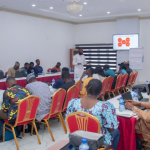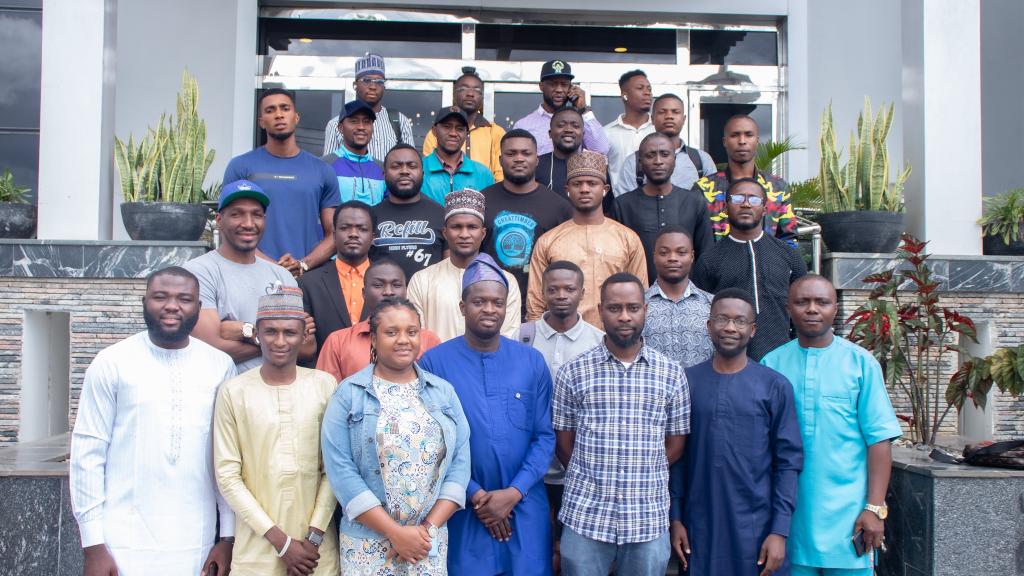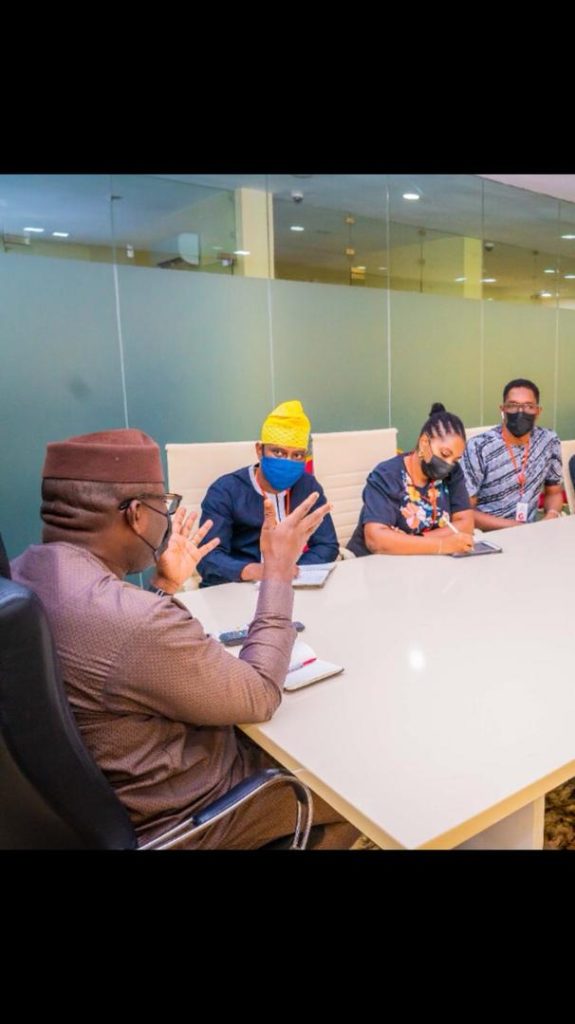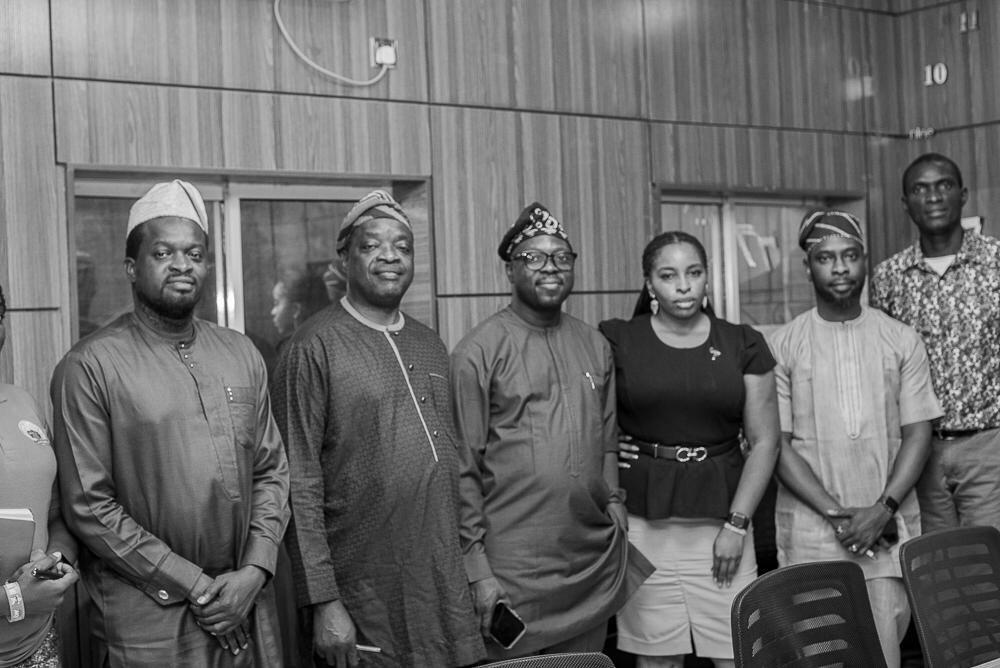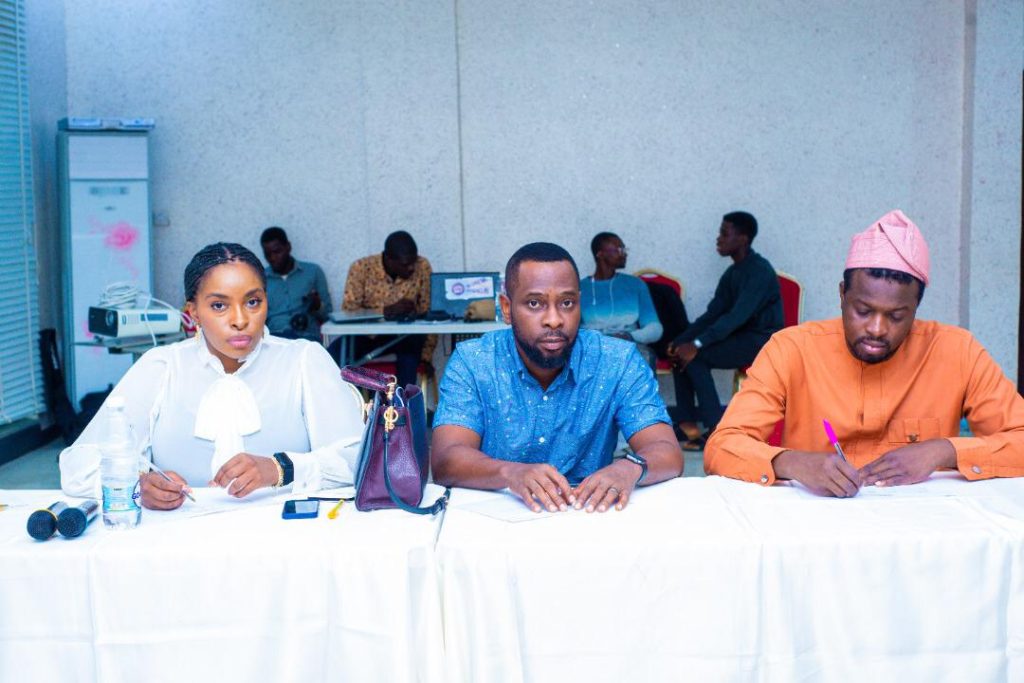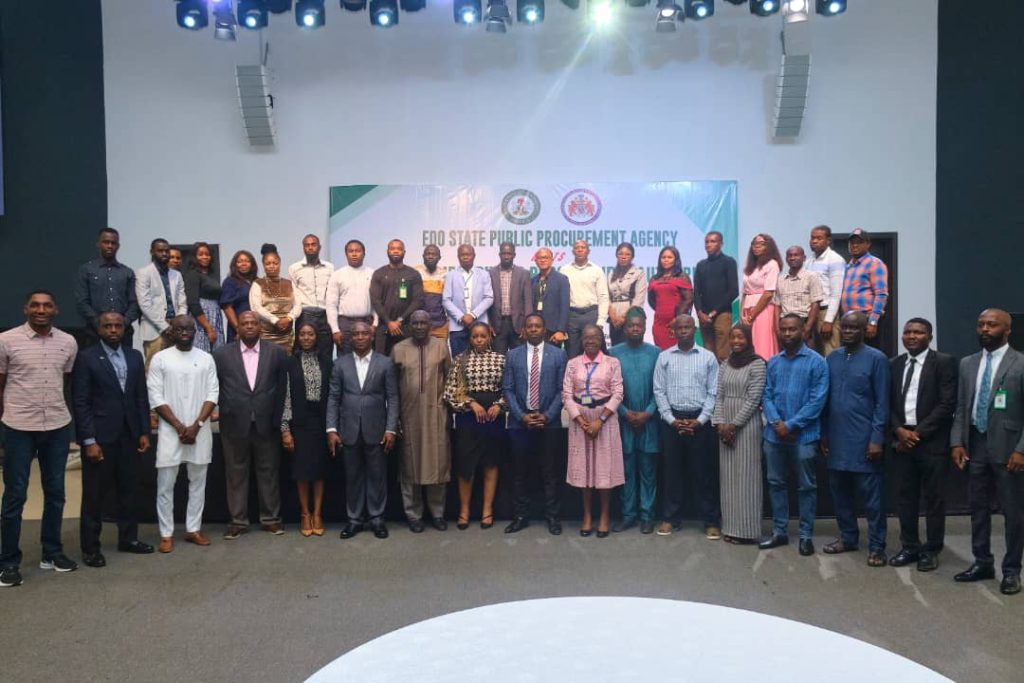by Christiana Gokyo, Jos
The Director-General of Plateau State Public Procurement Agency, Mr. Peter Dogo, has disclosed that, out of 85 Millennium Development Goals (MDAs) in the State only 4 are profiled for the e-procurement, while others were still on paper form.
He was speaking recently, while addressing Tec-preneurs, Media and Civil Society (CSOs) during training on Anti-Corruption organized by Hackathon at Valada Hotel and Resorts in Jos, the Plateau State capital.
While appealing for the heating-up of the e-procurement processes by the contractors, he added that, “This will enable the public have access to open tender and bidding details on the agency’s Portal.”
The DG said, with the cooperation – and collaboration – of other relevant authorities, the Agency would go to greater heights in the best practices on Procurement Processes in the state.
He assured the people of the Public Procurement Agency’s commitment and readiness in enhancing transparency in the Procurement Processes in the State.
Mr. Dogo added that, his doors are open for any constructive engagement to both the media and the general public, and appreciated the Accountability Lab Nigeria in Partnership with the United Nations Development Programme (UNDP) Nigeria and Open Contracting Partnership (OCP) for creating such a platform for media and other organizations to interact and inform citizens about the activities on the Public Procurement Processes.
Speaking to our correspondent shortly in an interview after the 3 days’ training, the Country Director of Accountability Lab Nigeria, Mr. Odeh Friday, said, the essence of organizing the training was to help Tec-preneurs technocrats, innovators, Media, and Civil Society Organizations (CSOs) stand the capacity and power behind technology and data, “and how we can use that to facilitate government processes, most especially on Procurement and Contracts Processes that serve the citizens.
“Mostly, we want to see how this information will enhance discussion-making within the government organizations. We have this information data platform, which has been generated, and is open for contracting data standard for MDGs, how this can also facilitate citizens’ engagement for them to also demand accountability through their Processes on services, which have been provided in their communities’ service delivery” he noted.
“Most of these projects are implemented, but people do not even know how. But once we are able to provide this information, it will help this government to decide and make decisions on which community, what they need, how they will be engaged and facilitate development in the community, and that is more like citizens’ engagement,” he said.
The Country Director said, “Talking about how this can help service delivery, generally, we have seen over the past where services can be provided through Procurement Processes, but not quality.
“We are developing the process where Public Procurement, which we want citizens, innovators Tec-preneurs, civil society, and media to engage effectively in the process; that’s why we are conducting this training,” he stated.
He said they want to enhance or improve the system with people around working with the Procurement Processes, meaning, the network of journalists, contractors, most especially should be their innovators to see how they can continue to provide solution to the government, saying, “because we can’t leave this only to the government alone.”
In his welcome address to the participants, the Country Director said the training was to equip participants with the right information and tools in promoting integrity and accountability in Public Procurement.
He urged participants to use the opportunity of the training to add value to the global network of Lab, which will improve governance in the service delivery to the citizens and their active participation in the processes of Public Procurement Procedures.
“The Accountability Lab Nigeria is working currently in 3 States in Nigeria, with the Procurement Agencies, Edo, Ekiti and Plateau States, to deploy tec-based open contracting and monitoring to transform their Public Procurement Processes,” he said.
Also, the Project Officer of Accountability Lab, Mr. Shiiwua Mnenga, said the overall outcome of the project was to contribute towards a decrease in incidences of impunity for corrupt actions in public Procurement and increase more accountability, transparency in the use of public resources.
According to him, with the involvement of citizens and CSOs Media in addressing loopholes in the Procurement Processes, this will improve towards the boarder goals of accountability and transparency; it will improve accessibility of government Procurement data, which includes public access and monitoring oversight by anti-corruption agencies.
“We will work with the states to develop red flag monitoring, strengthen institutional capacity for technology uptake and catalyzed data use for advocacy monitoring and feedback mechanism by non-state actors,” he noted.
He said, the media are expected to amply the gap and efforts being made in improving tech-bases Procurement in the state and identify the gap.
He added that, while CSOs are to support and pressurize the Plateau State Government into implementing to open contracting and using the available data for advocacy for improvement, tec-preneurs should come up with tech solutions to address the gap in Public service in Plateau State.
Speaking on Procurement and Corruption Reforms in Nigeria, another speaker, Charles Mbah said, “There is the need for improving government data by involving public access developed tech ideas for public Procurement Processes. This will improve public-based system and it will also improve contracting, produce investigation and the efficacy in public contract.
“There is the need to capitalize in the use of Procurement data advocacy monitoring and feedback mechanism by implementing Public Procurement under watchful eyes on citizens and CSOs, by knowing the frequency of their publication data with the opportunity to address the loopholes within the Procurement Processes.
“This will also improve service delivery and attain greater levels of transparency around spending, by creating awareness of the procurement of government of Plateau and synergy between the citizens and the Procurement, and to make government responsible and accountability,” he stated.
Last modified: December 9, 2022



